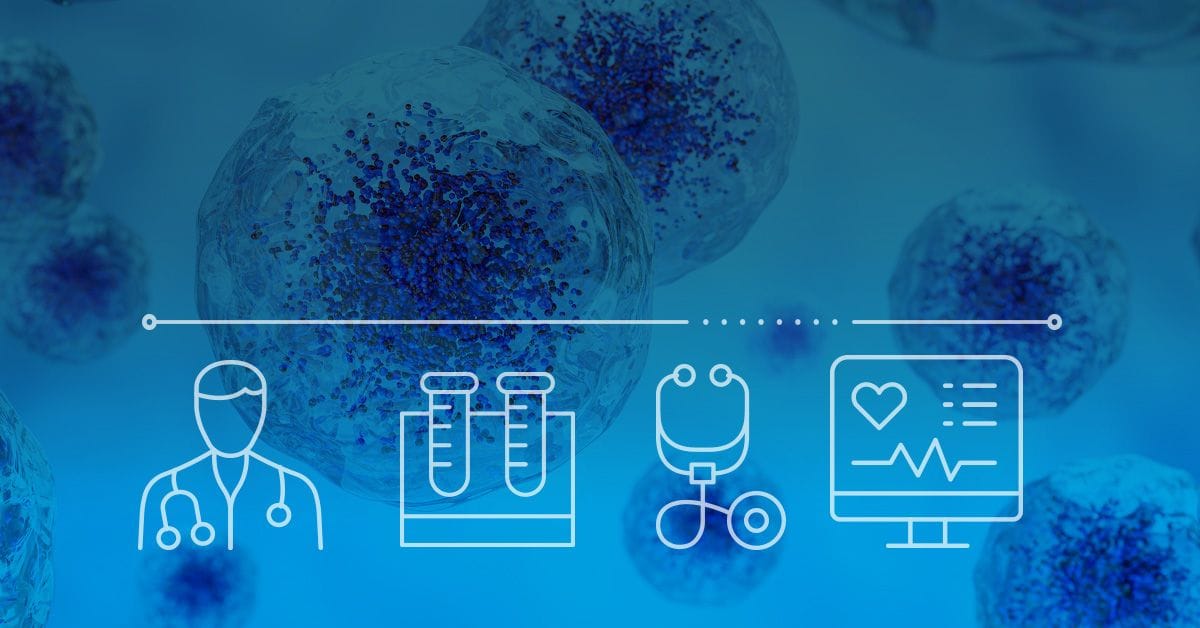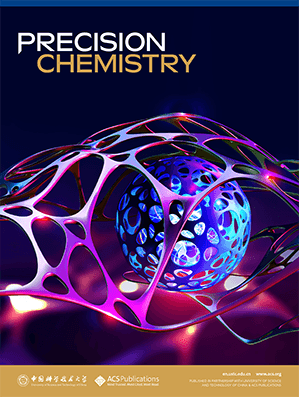This Special Issue will showcase advances in precision techniques and technologies to aid diagnostics. Submit your manuscript by February 28, 2025.

Precision diagnostics are currently experiencing significant advancements across several key areas. This Special Issue, to be published in Precision Chemistry, aims to feature recent developments and applications in precision diagnostics, including but not limited to:
- Precision Molecular Diagnostics by Liquid Biopsy: Precision molecular diagnostics analyzes and diagnoses diseases at the molecular level. This approach provides highly specific and sensitive detection and improves the accuracy of disease detection and prognosis. It can also help monitor treatment progress so that the treatment strategies can be tailored to an individual's molecular makeup. Molecular diagnostics can be done by the minimally invasive liquid biopsies, i.e., identification of crucial biomarkers in body fluids. Supported by machine learning algorithms, liquid biopsy can achieve great accuracy, sensitivity and specificity in early disease detection and ongoing monitoring.
- Point-of-Care and At-Home Diagnostics: The trend towards personal healthcare continues to grow with the development of point-of-care and at-home diagnostic tests. These technologies enable rapid and accurate disease detection outside traditional laboratory settings, broadening access to diagnostics across diverse locations and situations. Notably, wearable sensors have seen significant advancements, driven by innovations in material sciences and electronic technology.
- Artificial Intelligence (AI) Integration: AI is increasingly being employed in diagnostic tools to interpret medical images and clinical data with remarkable precision. This technology enhances the accuracy of diagnoses and enables personalized treatment plans, especially in oncology, where AI models analyze pathology, imaging, and genetics to tailor cancer treatments.
Organizing Editors
Prof. Wenwan Zhong, Topic Editor, Precision Chemistry
University of Science and Technology of China, China
Prof. Rong Fan, Guest Editor
Yale University, United States
Prof. Yang Liu, Guest Editor
Yale School of Medicine, United States
Submission Instructions
Manuscripts accepted for inclusion in this Special Issue will be highlighted as a significant contribution to this expanding field. If accepted, publications will go online as soon as possible with a DOI, and will be published in one of the next available issues. Publications on this topic will be assembled into a Special Issue and widely promoted.
Submissions are welcome through February 28, 2025. All articles will be peer reviewed prior to acceptance to ensure they fit the scope of the Special Issue and meet the high scientific publishing standards of Precision Chemistry. The peer review process for all papers will be managed by the journal editors to ensure rigor is maintained.
Precision Chemistry is an open access journal. The Article Publishing Charges are waived for this Special Issue.
How to Submit
- Log in to the ACS Publishing Center.
- Select the “Journals” tab.
- Search for Precision Chemistry.
- Click "Submit."
- Select your manuscript type, and, under "Special Issue Selection," choose "Precision Diagnostics."
Please see our Author Guidelines for more information on submission requirements. The deadline for submissions is February 28, 2025.
